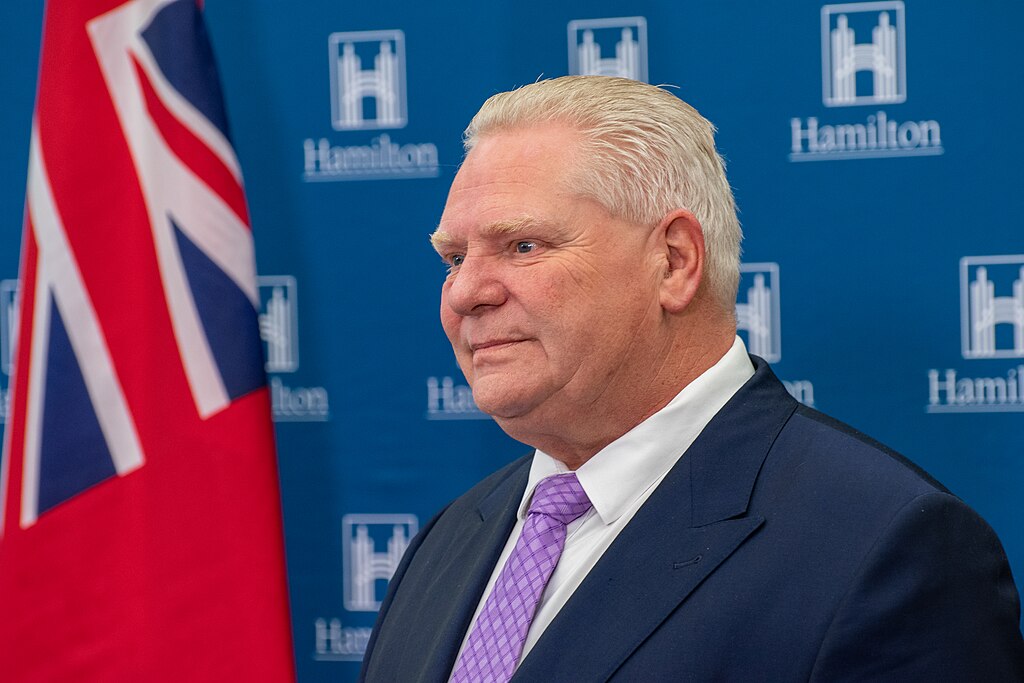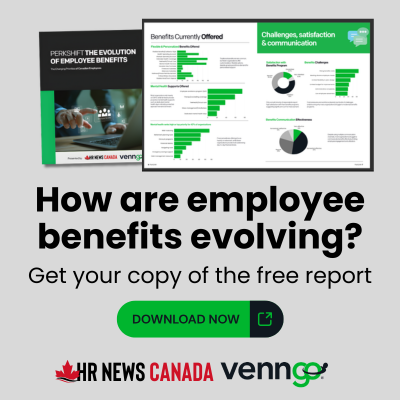The Ontario government is offering approximately $11 billion in tax deferrals and insurance rebates to support businesses and workers affected by growing economic pressures and new U.S. tariffs, Premier Doug Ford announced Monday.
The measures are intended to protect jobs and bolster the province’s competitiveness amid what the government characterized as hostile trade actions from the United States under President Donald Trump.
Tax deferrals, WSIB rebates aim to ease pressure
Starting April 1, 2025, and running through Oct. 1, 2025, the province will allow businesses to defer payments on a range of provincially administered taxes, including the Employer Health Tax, Fuel Tax, and Retail Sales Tax on Insurance Contracts. The move is expected to provide up to $9 billion in cash flow relief to roughly 80,000 Ontario businesses.
In addition, the Workplace Safety and Insurance Board (WSIB) will issue a $2 billion surplus rebate to eligible employers that demonstrate strong safety records. That follows a similar rebate of $2 billion issued in March.
“Today’s measures will help give workers and businesses the support they need in the face of growing economic uncertainty,” said Ford. “We can’t control President Trump, but we’re in full control of the kind of future we build for ourselves.”
The tax deferral applies to 10 business-focused tax programs, including the Gasoline Tax, Tobacco Tax, and Mining Tax. While payments can be deferred for six months, all taxes owed must be paid by October 1.
Government pledges to make Ontario ‘most competitive’ economy in G7
The government said the new supports are part of a broader plan to make Ontario the most competitive economy in the G7 by cutting red tape, breaking down internal trade barriers, and helping businesses adapt to global market shifts.
“We are ready to protect Ontario’s workers, businesses and families from the economic uncertainty of U.S.-imposed tariffs,” said Finance Minister Peter Bethlenfalvy. “Today’s measures help Ontario to weather the storm while continuing to build on our plan for ongoing prosperity.”
The province also pointed to other recent measures aimed at reducing costs for employers and expanding opportunities for workers. These include the removal of the $150 fee for apprentices taking their first Certificate of Qualification exam, and the release of $400 million in WSIB-administered health and safety programs to support workplace improvements.
David Piccini, Minister of Labour, Immigration, Training and Skills Development, said the province is focused on ensuring that employers can retain staff even as economic conditions become more volatile.
“Ontario is looking to provide further relief to employers through an additional distribution that will help them keep workers on the jobs, whatever comes our way from President Trump,” said Piccini.
WSIB funding tied to safe employer practices
The WSIB rebate program, which returned surplus funds to over 280,000 employers in March, is specifically aimed at organizations with strong safety records. The agency noted that it also offered 50-year-low premium rates last year to more than 320,000 employers.
Jeffery Lang, president and CEO of the WSIB, said the rebates are possible due to responsible financial management and are being distributed at a time when businesses need help the most.
“In these uncertain times, Ontario businesses need certain relief,” Lang said.
Economic development plans include trade diversification
The government’s broader strategy includes efforts to diversify Ontario’s trade partners to reduce reliance on U.S. markets. Economic Development Minister Vic Fedeli said the province is pursuing multiple avenues to ensure businesses can continue to grow and adapt.
“In the face of economic uncertainty, Ontario stands ready with a plan that will defend the interests of our families and workers, protect our economy and jobs, and build a strong, stable future for generations to come,” said Fedeli.
The support measures come as U.S.-Canada trade tensions escalate under Trump’s administration, reviving concerns about protectionist policies and their impact on Ontario’s manufacturing-heavy economy.





